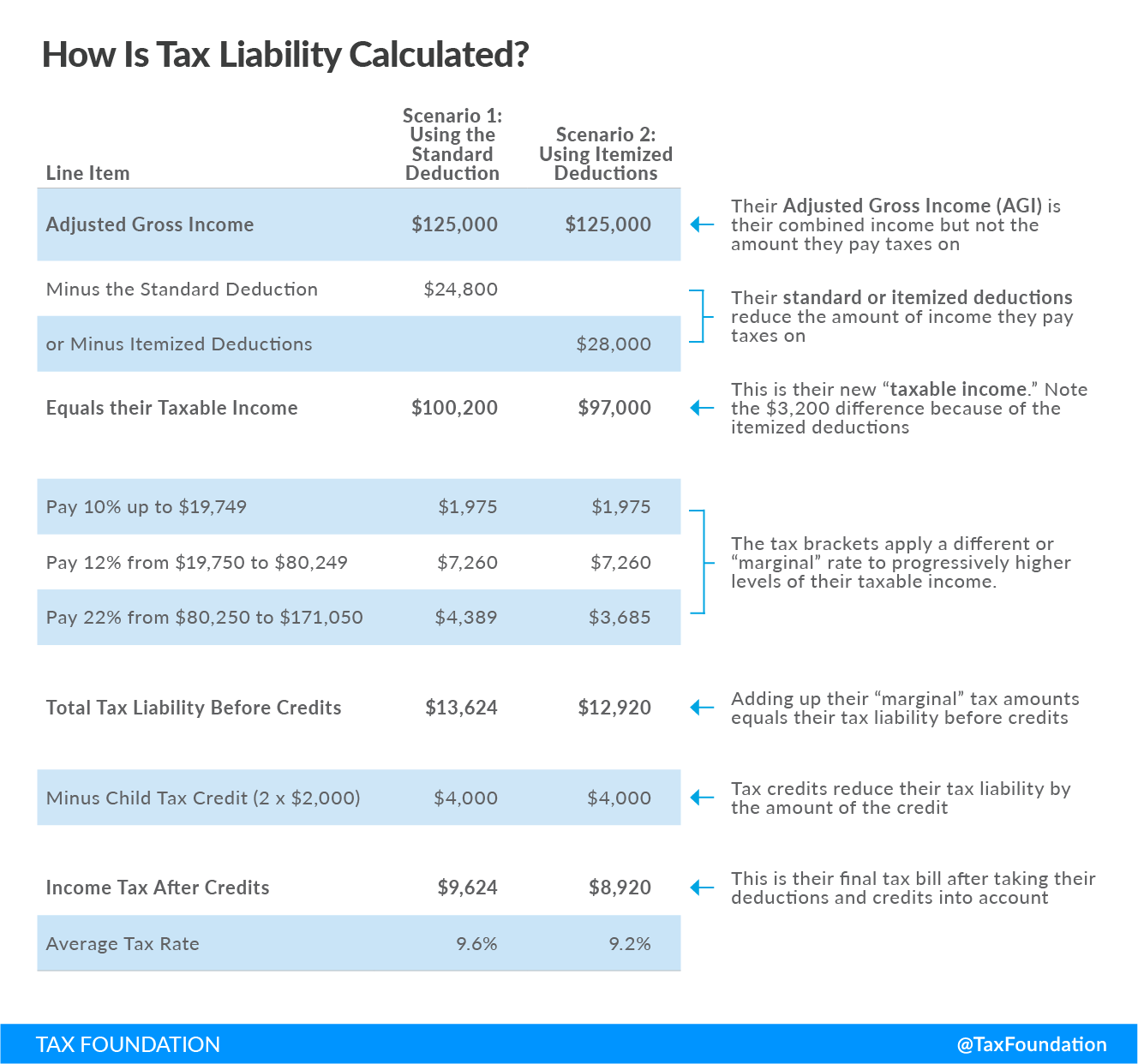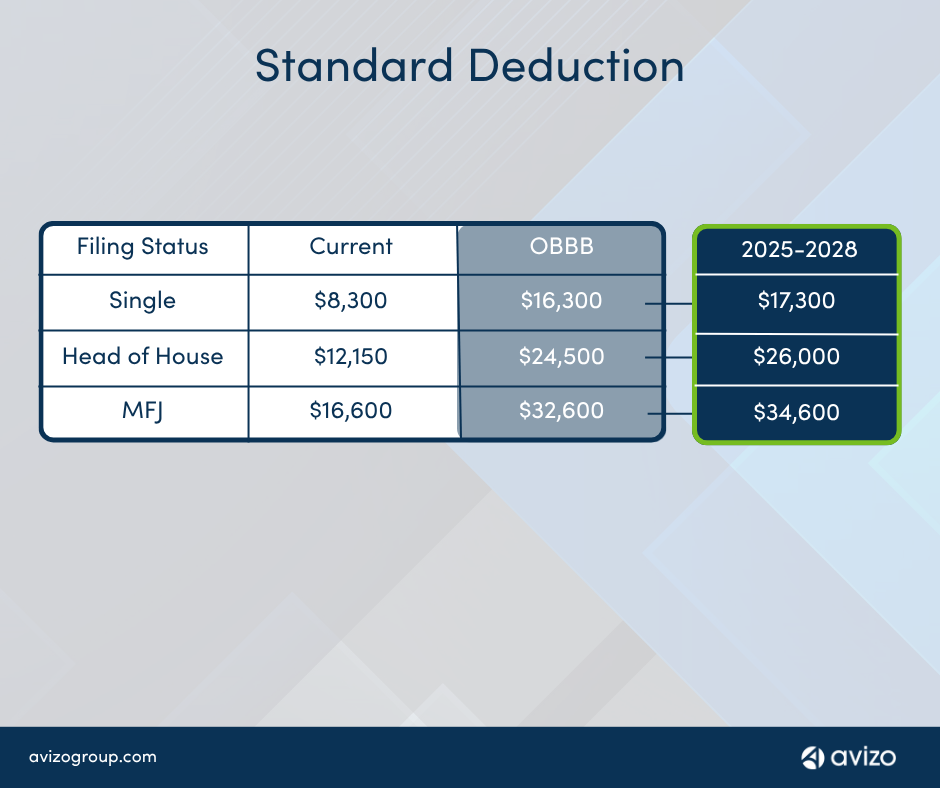The Foreign Earned Income Exclusion Explained: A Guide to Enhancing Your Standard Reduction
The Foreign Earned Income Exemption (FEIE) is an important tax arrangement for U.S. people and resident aliens living abroad. It permits eligible migrants to leave out a substantial portion of their foreign-earned revenue from federal tax obligations. Recognizing the nuances of FEIE can cause significant tax financial savings. Nevertheless, many individuals overlook essential information that can influence their qualification and advantages. Discovering these elements may expose opportunities for boosted tax obligation results.
Recognizing the Foreign Earned Earnings Exclusion
Numerous expatriates seek possibilities abroad, recognizing the Foreign Earned Revenue Exemption (FEIE) is important for handling their tax responsibilities. This provision permits united state people and resident aliens living overseas to omit a certain quantity of their gained revenue from federal taxes. The FEIE was established to alleviate the tax obligation problem on individuals that reside outside the United States, acknowledging the special monetary difficulties they may deal with.

Eligibility Demands for FEIE

Just how to Declare the FEIE
To efficiently assert the Foreign Earned Income Exemption (FEIE), taxpayers must first validate their qualification based upon certain criteria - FEIE Standard Deduction. The process includes several steps, including filing the ideal kinds and providing needed documentation. Comprehending these treatments and demands is crucial for optimizing tax advantages while living abroad
Qualification Demands
Qualification for the Foreign Earned Income Exemption (FEIE) depends upon conference certain standards set by the IRS. To qualify, individuals should be U.S. residents or resident aliens who gain income while working abroad. They need to establish an international tax obligation home, which implies their primary business is outside the United States. In addition, applicants have to meet either the Bona Fide Home Examination or the Physical Visibility Examination. The Authentic Home Test requires that a taxpayer stays in a foreign country for a whole tax obligation year, while the Physical Presence Examination requires costs at the very least 330 full days in a foreign country throughout a 12-month duration. Fulfilling these demands is vital for claiming the FEIE.
Declaring Refine Actions
Exactly how can one successfully navigate the procedure of claiming the Foreign Earned Revenue Exemption (FEIE)? People need to identify their eligibility based on the physical presence examination or the bona fide home test. When confirmed, they ought to finish IRS Kind 2555, which information international income and residency. This form needs to be connected to their annual tax return, commonly Kind 1040. It is important to precisely report all foreign gained income and warranty conformity with the IRS guidelines. Furthermore, taxpayers need to preserve proper documents, such as international income tax return and proof of residency. By adhering to these steps, people can effectively assert the FEIE and possibly lower their taxed income significantly, improving their overall financial placement.
Calculating Your International Earned Revenue Exclusion
While several expatriates seek to optimize their financial advantages abroad, understanding the computation of the Foreign Earned Income Exemption is essential for precise tax obligation reporting. The Foreign Earned Earnings Exclusion allows certifying individuals to leave out a particular amount of their foreign incomes from U.S. taxation, which is adjusted each year for inflation. To determine this exclusion, expatriates need to establish their total international gained revenue, which generally includes earnings, wages, and specialist fees earned while residing in an international nation.
Next, they must complete internal revenue service Kind 2555, supplying details about their international residency and work standing. FEIE Standard Deduction. It is necessary to meet either the authentic house examination or the physical visibility test to get approved for the exclusion. As soon as these elements are developed, the maximum allowable exclusion amount is used, minimizing the person's gross income considerably. Exact calculations can bring about substantial tax obligation savings for expatriates living and working abroad
The Influence of FEIE on Various Other Tax Obligation Advantages
The Foreign Earned Earnings Exemption (FEIE) can influence a person's qualification for certain tax obligation advantages, consisting of the conventional deduction. By leaving out foreign earned revenue, taxpayers might find their modified gross earnings impacted, which in turn can influence their certification for numerous tax obligation credit scores. Recognizing these interactions is vital for maximizing tax obligation results while living abroad.
Communication With Requirement Deduction
When people qualify for the Foreign Earned Income Exclusion (FEIE), their qualification for the typical deduction might be influenced, possibly modifying their overall tax obligation obligation. The FEIE permits taxpayers to exclude a specific quantity of made revenue from united state tax, which can result in a minimized gross income. Therefore, if the omitted revenue exceeds the standard deduction, it can decrease the advantage of declaring that deduction. Furthermore, taxpayers that utilize the FEIE might locate that their capacity to make a list of deductions is likewise influenced, as specific expenditures may be influenced by the exclusion. Recognizing this communication is vital for migrants to optimize their tax obligation advantages while making certain conformity with united state tax laws
Eligibility for Tax Obligation Credit Histories
Steering via the complexities of tax obligation credit ratings can be testing for expatriates, especially considering that the Foreign Earned Income Exemption (FEIE) can substantially affect qualification for these benefits. The FEIE allows eligible people to leave out a significant section of their foreign incomes from U.S. taxes, but this exclusion can also affect access to different tax obligation credit reports. For example, taxpayers who utilize the FEIE might locate themselves ineligible for credit histories like the Earned Earnings Tax Credit Score (EITC), as these credit scores commonly require gross income. In addition, the exemption might restrict the ability to assert specific reductions or credit histories linked with dependents. Understanding the interplay in between the FEIE and offered tax debts is crucial for migrants intending to enhance their tax obligation situation.

Usual Mistakes to Prevent When Asserting FEIE
Frequently, expatriates encounter a number of challenges while declaring the Foreign Earned Revenue Exemption (FEIE), which can result in expensive errors or missed out on chances. One regular blunder is failing to satisfy the physical presence or authentic residence examination, which is vital for qualification. Furthermore, migrants commonly ignore the demand to file Form 2555 correctly, resulting in insufficient or imprecise submissions.
One more typical error involves inaccurately computing international earned revenue, as several do not make up all relevant revenue sources. Some migrants wrongly think they can exclude all their revenue, unaware of the limitations on the exclusion quantity. Neglecting to maintain correct documentation, such as traveling dates and residency status, can jeopardize an insurance claim. Finally, misunderstanding the ramifications of the FEIE on various other tax credit scores may cause unintentional tax responsibilities. Understanding of these risks can help with a smoother claiming process and make best use of possible advantages.
Resources for Expats Navigating United State Tax Obligations
Steering U.S. tax responsibilities can be testing you can try this out for expatriates, especially after running into challenges in declaring the Foreign Earned Earnings Exclusion (FEIE) To aid navigate these intricacies, a selection of sources are offered. The internal revenue service site offers extensive info on tax faqs, forms, and guidelines especially tailored for expatriates. Additionally, organizations like the American People Abroad (ACA) and the Deportee Tax Professionals deal assistance and assistance to ensure conformity with tax regulations.
Online Check Out Your URL discussion forums and communities, such as the Deportee Forum, enable migrants to share experiences and understandings, cultivating a supportive setting for those encountering similar challenges. Moreover, tax prep work software application, like copyright and H&R Block, often consists of attributes made for expats, making the filing process much more easy to use. Involving with these resources can equip migrants to better recognize their tax obligation obligations and take full advantage of benefits like the FEIE.
Frequently Asked Questions
Can I Declare FEIE if I'M Self-Employed Abroad?
Yes, self-employed individuals abroad can assert the Foreign Earned Revenue Exclusion (FEIE) To certify, they must meet specific demands concerning residency and revenue, ensuring they abide by IRS standards for expatriates.

Is the FEIE Applicable to Foreign Pensions?
The Foreign Earned Earnings Exclusion (FEIE) is not relevant to international pensions. Pension plans are thought about unearned income and do not receive the exclusion, which especially puts on gained earnings from work or self-employment abroad.
What Happens if I Return to the U.S. Mid-Year?
They may require to adjust their tax obligation scenario if a specific returns to the United state mid-year. Their qualification for specific deductions and exemptions, including the Foreign Earned Revenue Exemption, could be influenced by their residency condition.
Can FEIE Be Reported With Other Reductions?
Yes, the Foreign Earned Revenue Exemption (FEIE) can be claimed alongside other deductions. Nevertheless, care should be required to ensure appropriate compliance with tax obligation laws, as specific limitations might apply based on private circumstances.
Just How Does FEIE Affect State Tax Obligation Commitments?
The Foreign Earned Earnings Exclusion can lower a taxpayer's government revenue tax obligation obligation, however it does not instantly affect state tax responsibilities, which differ by state and might still call for coverage of international earnings.
Lots of migrants seek chances abroad, understanding the Foreign Earned Earnings Exemption (FEIE) is necessary for managing their tax commitments. By excluding foreign made revenue, taxpayers might discover their modified gross income influenced, which in turn can affect their qualification for different tax credit scores. Steering via the complexities of tax debts can be challenging for expatriates, particularly given that the Foreign Earned Revenue Exclusion (FEIE) can considerably affect qualification for these advantages. Taxpayers who make use of index the FEIE may discover themselves ineligible for credit reports like the Earned Earnings Tax Credit Score (EITC), as these credit scores typically call for taxable income. Maneuvering United state tax responsibilities can be testing for expatriates, especially after running into risks in claiming the Foreign Earned Revenue Exclusion (FEIE)